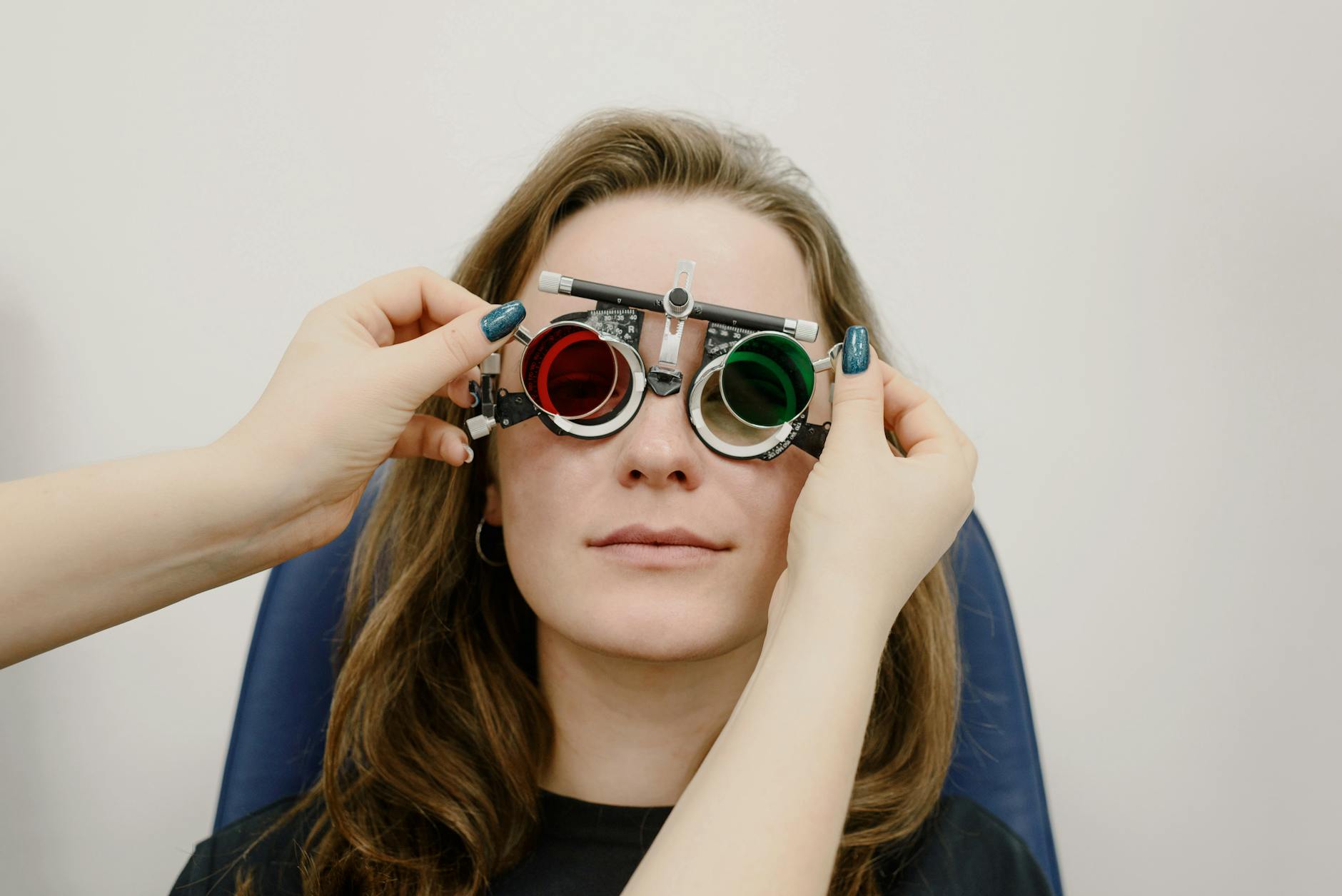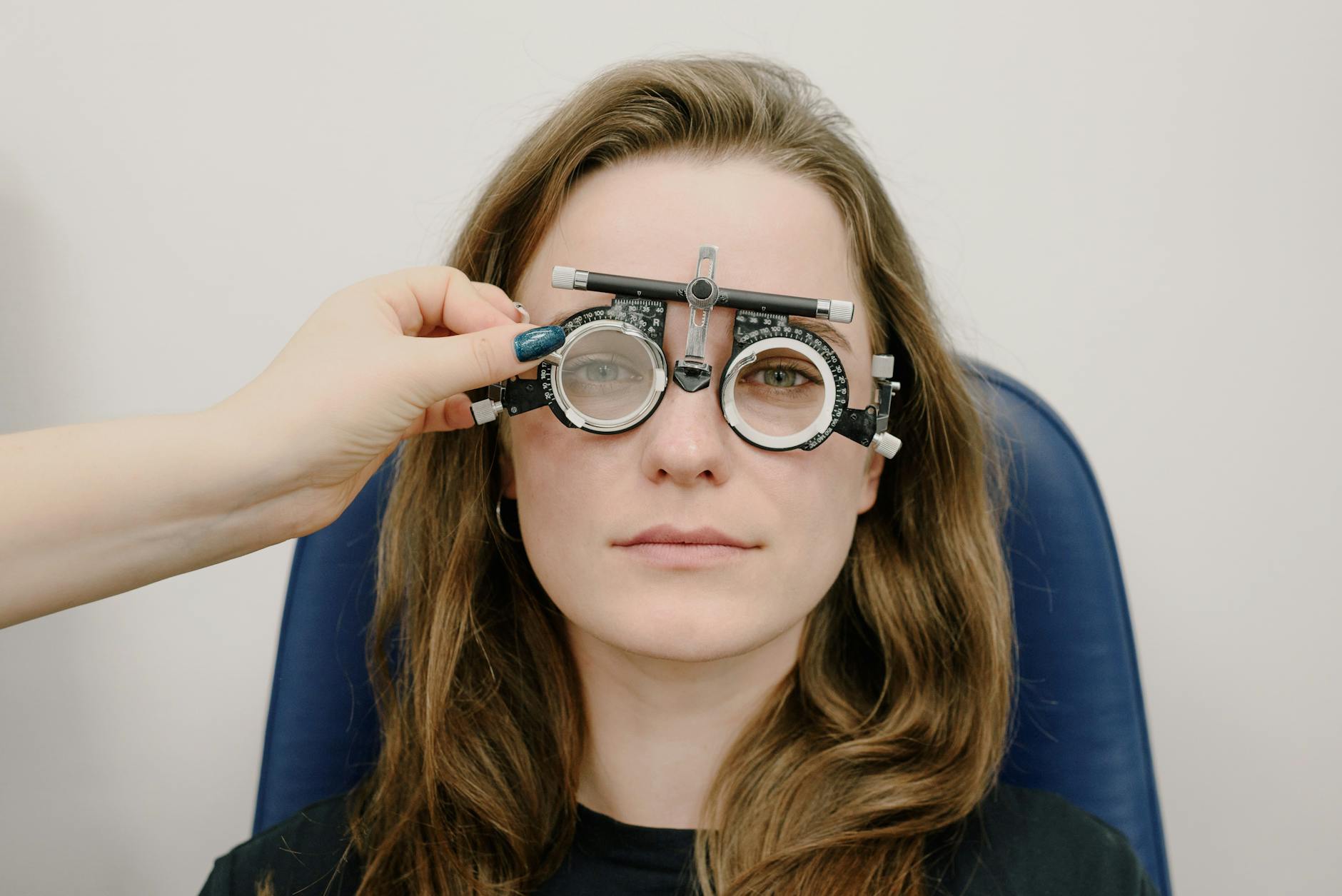As an ophthalmologist, my work involves a blend of medical knowledge, precision, and a deep commitment to patient care. My journey in this field has been both challenging and incredibly rewarding. Let me share some insights into my expertise and daily responsibilities.
Comprehensive Eye Exams
One of the most essential parts of my job is conducting comprehensive eye exams. These exams are crucial because they help in the early detection of eye conditions. During an exam, I assess vision and check for diseases like glaucoma, cataracts, and macular degeneration. These conditions can develop silently, so regular check-ups are vital. I always tell my patients that early detection can make all the difference in treatment outcomes.
Surgical Interventions
Performing eye surgeries is another critical aspect of my role. Whether it’s cataract surgery, LASIK, or more complex procedures like retinal surgeries, these interventions can restore or significantly improve vision. The precision required in these surgeries is immense, and I always strive for the best possible outcomes. For example, cataract surgery involves removing the clouded lens and replacing it with an artificial one, greatly enhancing vision.
Treating Eye Diseases
Managing and treating eye diseases is a significant part of what I do. Conditions like diabetic retinopathy, age-related macular degeneration, and glaucoma need specialized treatment plans. For instance, diabetic retinopathy is a complication of diabetes that affects the eyes. It’s crucial to manage blood sugar levels and have regular eye check-ups to prevent vision loss. The American Academy of Ophthalmology emphasizes that early detection and treatment can prevent most vision loss from diabetes.

Prescribing Medications
Prescribing medications is often the first step in managing eye diseases. I frequently prescribe eye drops for glaucoma to help lower intraocular pressure. Depending on the condition, I might also prescribe oral medications or ointments. Ensuring my patients understand and adhere to their medication regimen is crucial for effective treatment.
Patient Education
Educating patients about eye health is something I prioritize. Many people don’t realize the importance of regular eye exams and the impact of systemic conditions like diabetes on vision. By providing education, I empower my patients to take proactive steps in maintaining their eye health. For example, I often explain the risks of prolonged screen time and the importance of protective eyewear to prevent eye strain and injury.
Pediatric Eye Care
Children’s eye health is another area where I make a significant impact. Detecting and treating conditions like strabismus (crossed eyes) and amblyopia (lazy eye) early can prevent long-term vision problems. Helping young patients achieve better vision is incredibly rewarding, knowing that it can improve their overall quality of life.
Research and Advancements
The field of ophthalmology is constantly evolving with new research and advancements. Staying updated with the latest techniques and treatments is essential. For instance, advancements in retinal implants and gene therapy offer new hope for patients with previously untreatable conditions. Keeping abreast of these developments ensures that I can provide the best possible care.
Vision Rehabilitation
For patients with irreversible vision loss, vision rehabilitation services are crucial. These services help patients maximize their remaining vision and maintain their independence. Working closely with vision rehabilitation specialists, I develop personalized plans that include the use of assistive devices and techniques to adapt to vision changes.

Importance of Regular Check-Ups
Regular eye check-ups are essential for everyone, regardless of age or visual acuity. Early detection of issues can prevent serious complications. I always encourage my patients to schedule annual exams, especially if they have risk factors like diabetes or a family history of eye diseases. The National Eye Institute highlights that regular eye exams can significantly reduce the risk of vision loss.
Patient-Centered Care
Providing patient-centered care is at the heart of what I do. Every patient is unique, and treatment plans should be tailored to their specific needs. This approach ensures that patients receive the most appropriate care for their condition. Listening to my patients and understanding their concerns helps me provide better care and build a trusting relationship.
Technological Integration
Incorporating technology into eye care has revolutionized the way we diagnose and treat eye conditions. Advanced imaging techniques like Optical Coherence Tomography (OCT) allow for detailed visualization of the retina. These technologies enable me to detect issues that might not be visible during a routine exam. Utilizing the latest technology ensures that my patients receive the most accurate diagnoses and effective treatments.
Personal Satisfaction
Being an ophthalmologist is not just a profession; it’s a passion. The ability to restore vision and improve the quality of life for my patients is incredibly fulfilling. Whether it’s performing a life-changing surgery or simply providing reassurance during an eye exam, every aspect of this job brings immense satisfaction.
Continuous Learning
The field of ophthalmology requires continuous learning and adaptation. Medical advancements and new research findings mean that there is always something new to learn. Attending conferences, participating in workshops, and reading the latest journals are all part of staying at the forefront of this field. This commitment to learning ensures that I can offer my patients the best possible care.
Community Involvement
Being involved in the community is also important. I often participate in free eye check-up camps and awareness programs. These initiatives help reach those who might not have easy access to eye care services. Community involvement also allows me to educate a broader audience about the importance of eye health.
Final Thoughts
Understanding the role of an ophthalmologist highlights the importance of specialized eye care in maintaining and restoring vision. Through comprehensive exams, advanced treatments, and patient education, ophthalmologists play a vital role in eye health. Regular check-ups and early detection are key to preventing serious eye conditions. If you have any concerns about your eye health, don’t hesitate to reach out to an ophthalmologist. They are equipped with the knowledge and tools to help you maintain optimal vision.
